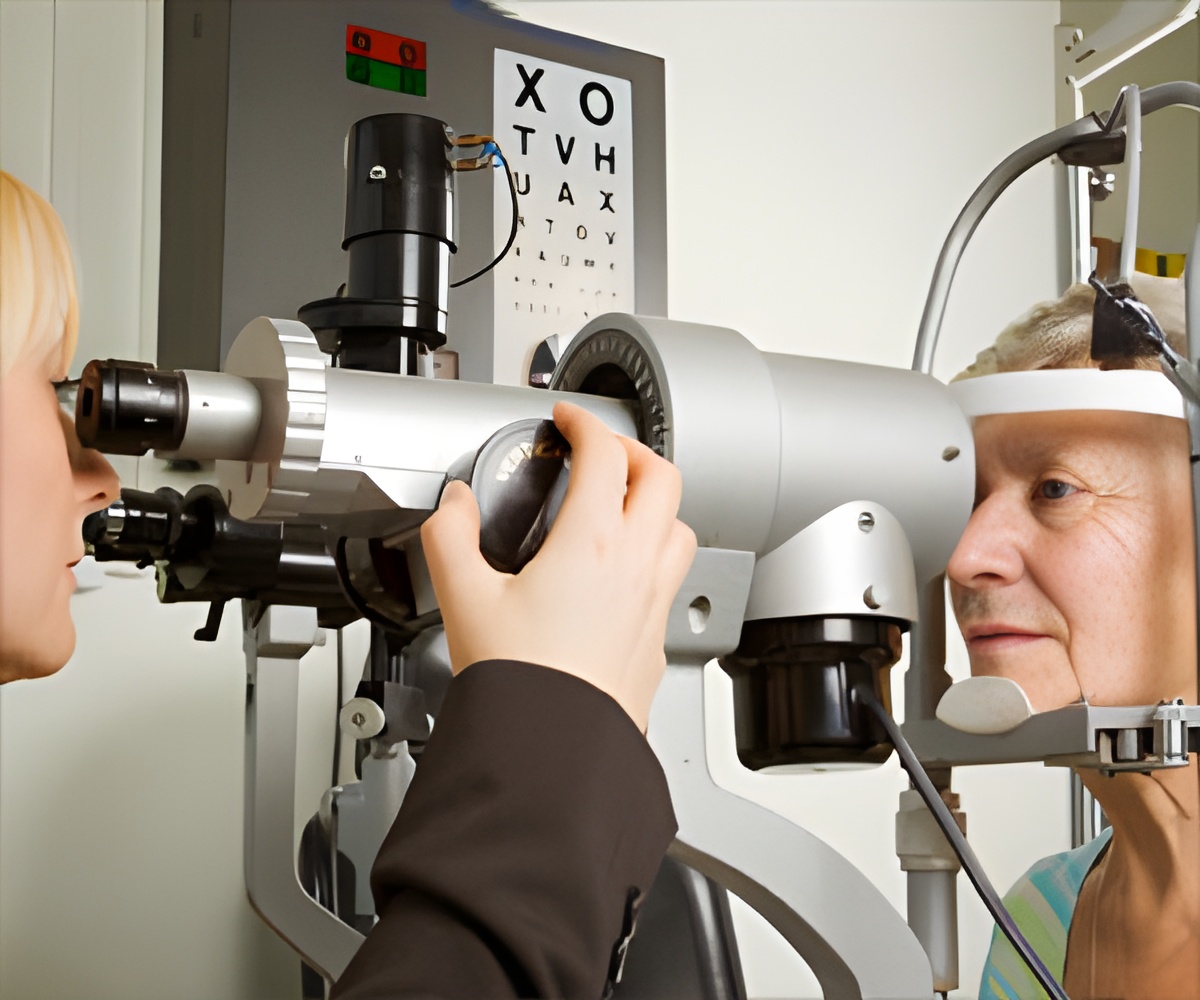
‘Glaucoma is the second-leading cause of blindness in the world, affecting more than 60 million people. The disease often begins silently, with peripheral vision loss that occurs so gradually that it can go unnoticed.’
Tweet it Now
"But we've identified a biomarker that seems to correlate with disease severity in patients, and what that marker is measuring is stress to the cells rather than cell death," Apte said. "Other glaucoma tests are measuring cell death, which is not reversible, but if we can identify when cells are under stress, then there's the potential to save those cells to preserve vision," Apte said.
Glaucoma is the second-leading cause of blindness in the world, affecting more than 60 million people.
The disease often begins silently, with peripheral vision loss that occurs so gradually that it can go unnoticed. Over time, central vision becomes affected, which can mean substantial damage already has occurred before any aggressive therapy begins.
Finding a marker of cell damage in the eye would be a much more reliable way to track the progression of glaucoma, Norimitsu Ban, an ophthalmologist and a postdoctoral research associate in Apte's laboratory, said.
Advertisement
Studying mouse models of glaucoma, Ban, Apte and their colleagues identified a molecule in the eye called growth differentiation factor 15 (GDF15), noting that the levels of the molecule increased as the animals aged and developed optic nerve damage.
Advertisement
"That was exciting because comparing the fluid from patients without glaucoma to those with glaucoma, the GDF15 biomarker was significantly elevated in the glaucoma patients," Apte said.
"We also found that higher levels of the molecule were associated with worse functional outcomes, so this biomarker seems to correlate with disease severity," Apte said.
Source-IANS












